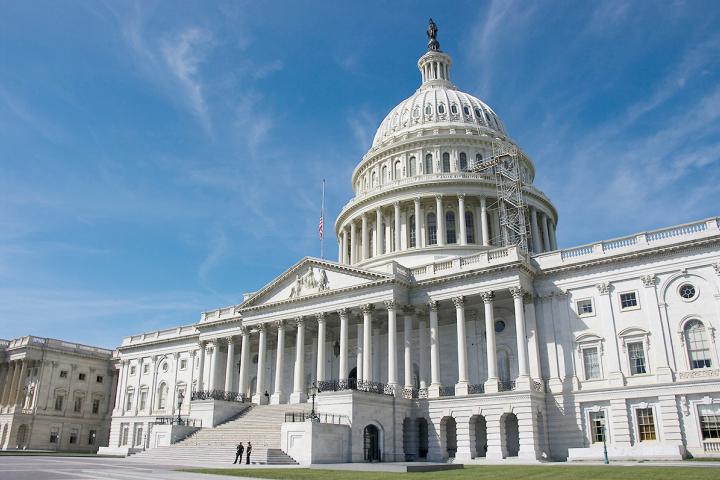Earlier this week the US House of Representatives adopted H. Res. 402, the US-India COVID Relief & Solidarity Act with overwhelming support. Introduced by House India Caucus Co-Chairs Reps. Brad Sherman (D-CA) and Steve Chabot (R-OH), and Caucus Vice-Chairs Reps. Ro Khanna (D-CA) and Michael Waltz (R-FL) on May 14, 2021, H. Res. 402 recognizes the devastating impact of COVID-19 in India and expresses the sense of the House of Representatives to urgently facilitate assistance.
“The resolution stands with the people of India as they collectively work to stem the spread of COVID-19,” Congressman Sherman said. “The US must work with our partners around the world to quell the virus everywhere it persists.”
The resolution recognizes the efforts of the Biden administration to deliver urgently needed medical supplies to India, and urges the delivery of additional, much needed medical supplies and in-kind medical supply donations to help India quell this devastating second wave of COVID-19. The resolution also recognizes the efforts of Indian Americans and American firms to support India’s health care system during this time of need, including the delivery of 1,000 ventilators and 25,000 oxygen concentrators to health care facilities across India.
“As Co-Chair of the House Caucus on India and Indian Americans, I am pleased my colleagues came together today to pass this important resolution expressing the House’s support for India during this trying time.” Congressman Chabot said. “India’s COVID-19 second wave has caused immense suffering, both in India and among the Indian American community many of whose members have family in India. Our close ties to India and India’s support for us early in the pandemic call for our support. As case rates continue to decline, we must help them finish the battle against the second wave and win the war against COVID-19 altogether.”
House Foreign Affairs Committee Chairman Rep. Gregory Meeks (D-NY) also delivered remarks on the House floor in support of H. Res. 402, as did fellow India Caucus members Reps. Sheila Jackson-Lee (D-TX) and Young Kim (R-CA).
“We applaud the India Caucus Co-Chairs Reps. Sherman, Chabot, Khanna, and Waltz, for their leadership on securing critical US assistance to the Indian people in their time of need,” stated Hindu American Foundation (HAF) Director of Public Policy Taniel Koushakjian. “We also appreciate the response of the Biden Administration and USAID, as well as the thousands of Indian Americans across the country who took action in support of this resolution and who are doing amazing work to help their brothers and sisters in India,” Koushakjian said.
The Hindu American Foundation launched a grassroots advocacy campaign in support of H. Res. 402, one of three campaigns HAF spearheaded this year in an effort to assist India as it battles a vicious second wave of COVID-19. HAF’s first campaign launched in April and urges the CEOs of the three major COVID-19 vaccine producers to enter into agreements to develop their vaccine in India. HAF’s second campaign launched in May and urges President Joe Biden and Vice President Kamala Harris to take certain steps to assist India in their time of need. HAF also welcomes news today that Moderna has now entered into an agreement with Indian pharmaceutical company Cipla to manufacture their vaccine in India and the agreement has been cleared by the Indian government.
In addition to H. Res. 402, in May HAF worked with Rep. Sherman and the House India Caucus leadership to garner support for a letter that was signed by 57 members of Congress formally requesting that the White House increase its assistance for India’s battle against COVID-19. By the end of May, the United States had provided more than $100 million worth of medical supplies to India, including oxygen support, personal protective equipment (PPE), rapid diagnostic tests, and therapeutics. USAID also facilitated the delivery of 440 oxygen cylinders and regulators to India, donated by the State of California.
H. Res. 402 was brought to the House floor on Tuesday, June 29, 2021 as part of a legislative package of bills under the suspension of the rules, a process that requires a two-thirds affirmative vote. The legislative package, which included six other bills, was adopted 366-46.






































